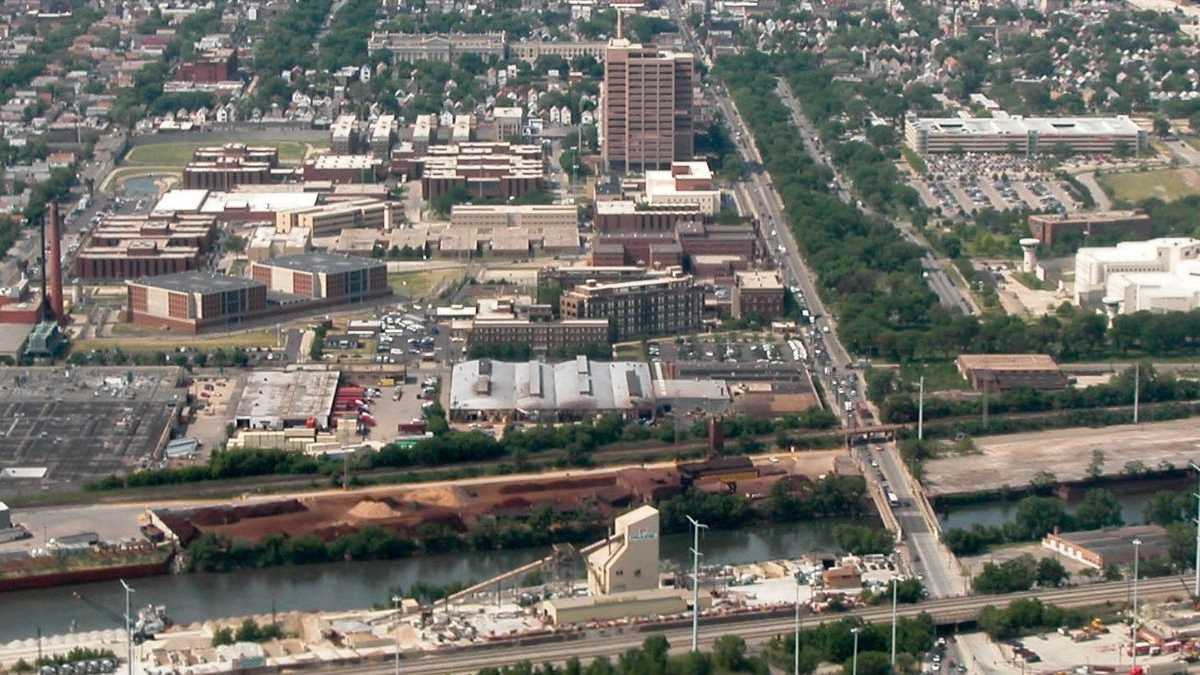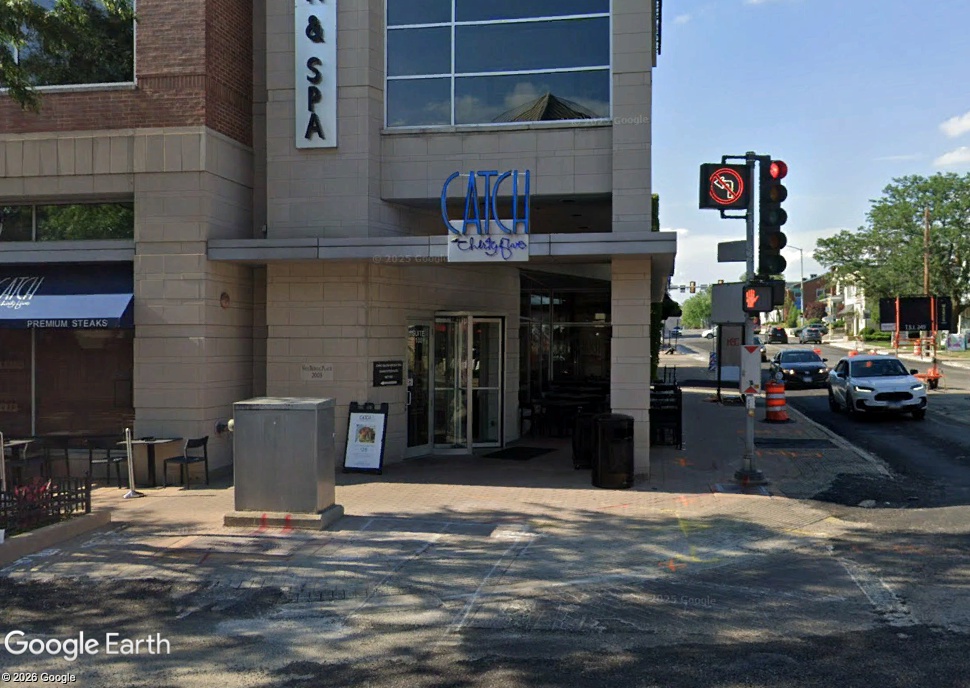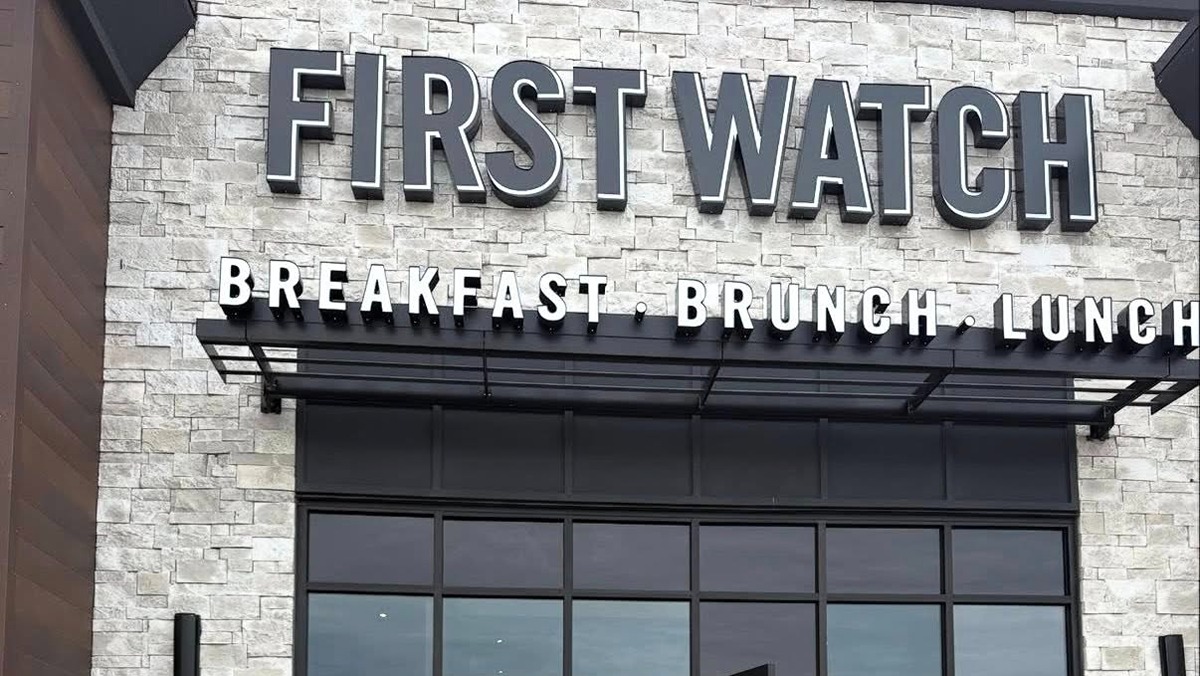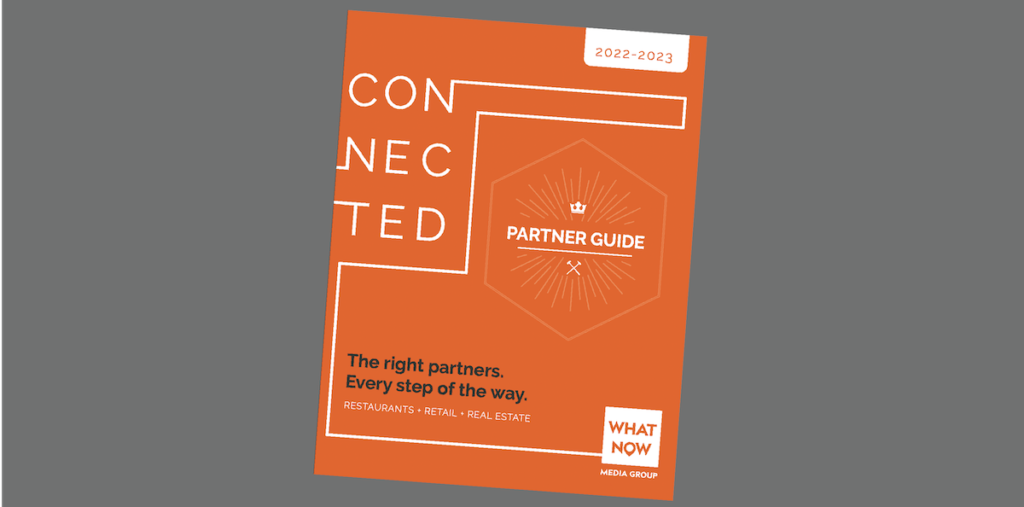A comparison of real estate data from 2007 to 2024 reveals a stark disparity: property taxes have surged by 78%, while median property values have increased by only 7.3%. This growing imbalance is concerning as homeowners struggle to benefit from their largest lifetime investment.
Highlights
- Owners of single-family homes and condominiums are paying an additional $2,558 annually due to rising property taxes.
- A minimal growth of 7.3% in property values highlights the disparity in the price trends.
- In 2022, Cook County even ranked among the nation’s most expensive areas for property taxes.
Gap in Cook County Property Taxes and Property Values
The gap between property taxes and values has placed substantial pressure on homeowners. Property values have barely kept up with inflation and rising property taxes since 2007. Both single homeowners and condominiums are hit hard by this gap.
Homeowners paid an average property tax bill of $5,821 last year, marking an increase of $2,558 compared to previous years. Against this stark upsurge, property values rose from $224,000 to $240,000 only. Property tax bills for a particular year are paid in the following year. For instance, bills generated as per the prices in 2023 will be paid in 2024.
Last year, the major expenditures from property tax paid by Cook County residents went to fund public schools, community colleges, and municipal funds.
Trends in Prices in Cook County of Illinois Since 2007
A comparison of 2007 and contemporary data shows that single-family units were quite common in Cook County. The gap in price trends stuck them hard as they saw a spike of more than 83% in their median property tax bill.
Property taxes in the case of apartments, which comprise 19% of residential properties, observed an increase of more than 59% though the increase is high, but lesser as compared to single-family homes.
In the U.S., Illinoisans pay the second-highest property tax. It is based on the assessed property value and amount of revenue requested by the local taxing authority for the next year. In this calculation, the focus on the surge in property values is missing. It is quite sad that people have to think of leaving the state because of such situations.
The burden of funding community needs has come to the shoulders of taxpayers without satisfactory returns. If the property values also show a considerable increase in the coming future, housing will again become affordable for people.
Some people might feel that renting can be the solution to escape the rising property taxes. But that is not the case. Homeowners increase rents to adjust to these high taxes. It seems like no one can be spared from these expenses.
While some believe that the public services received against huge taxes are not worth it, others demand reform and relaxation in the taxation system.












